Northumbria University leads pioneering research to tackle hidden lead exposure in children
Pioneering research launches in Leeds to test new approach to assessing the risk to children from hidden lead exposure.

Pioneering research launches in Leeds to test new approach to assessing the risk to children from hidden lead exposure.

Equipment developed by researchers at Northumbria University, in collaboration with key industry partners, to improve the health and fitness of astronauts has received further research funding after being used in space for the first time.

Researchers from an outreach group at Northumbria University are celebrating after winning a prestigious 2025 Institute of Physics (IOP) award recognising their work with children and young people across the North East and beyond.

Two talented researchers from Northumbria University have been awarded a share of £120 million from UK Research and Innovation’s (UKRI) flagship Future Leaders Fellowship fund to help advance their work in space physics and book history.

Researchers in Vietnam, Thailand, India and the UK have been awarded more than £4 million by the National Institute for Health and Care Research (NIHR) to identify and evaluate inclusive methods of healthcare provision.

An outreach group from Northumbria University is celebrating a decade of STEM engagement in the North East and beyond, and has recorded over 170,000 interactions with children, families and teachers in that time.

A consortium of academic and industry partners has come a step closer to launching the UK’s first university-led multi-satellite space mission after announcing it has successfully built and tested its first CubeSats.
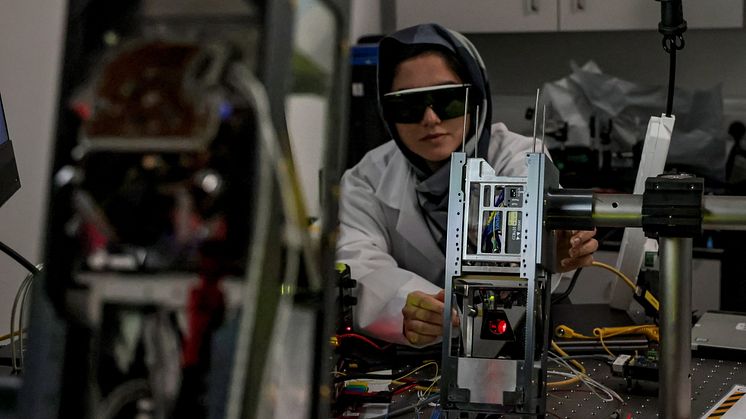
Three experts in public policy, accounting and international relations from Northumbria University are among 64 outstanding social scientists recognised by the Academy of Social Sciences today.

The increasing number of people with eating disorders and a lack of national guidance for support teams has led to researchers calling for a new national strategy that includes specific guidance to support the remote delivery of eating disorder services.

Researchers have been awarded £1.6 million to develop a network which will support people living with dementia by connecting existing technology and services, as well as developing new innovations.
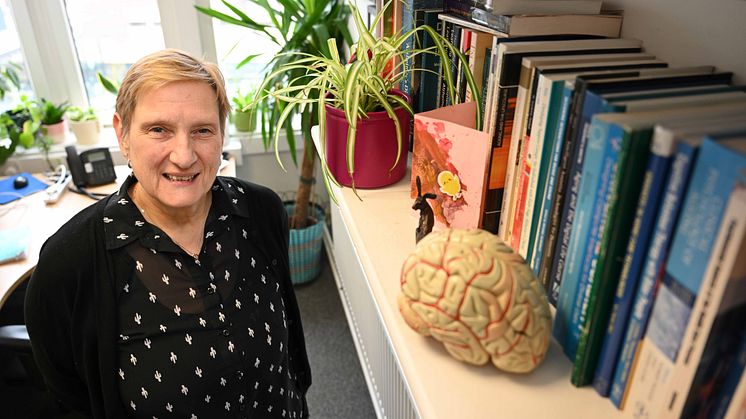
Analysis of fossilised rocks known as stromatolites from more than two-and-a-half billion years ago has provided new insights into the conditions on Earth before the evolution of oxygen.
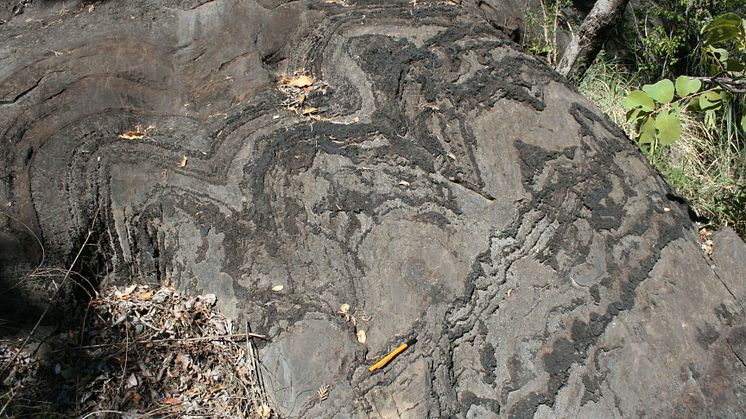
A new research hub in North East England, the FibER Hub, will investigate microfibre pollution from textiles. This collaboration aims to analyse environmental impacts and support sustainable textile development, focusing on reducing fibre shedding throughout the lifespan of fabrics.

The UK Centre for Polar Observation and Modelling (CPOM), based at Northumbria University, has been awarded over £400,000 by the European Space Agency (ESA) to investigate tipping points in the Earth’s icy regions, known as the cryosphere, with a focus on the Antarctic.

Northumbria University has been selected as the lead research partner to work with United Nations Volunteers (UNV) on producing the next State of the World’s Volunteerism Report (SWVR). The flagship United Nations (UN) publication is designed to strengthen global understanding of volunteering, while demonstrating its universality, scope, and reach in the twenty-first century.

The director of Northumbria University’s Physiotherapy Innovation Laboratory has been awarded a prestigious fellowship worth over £1 million to lead research which aims to improve the mobility of people living with Parkinson’s disease.

Northumbria University has announced a multi-million pound investment in its first university-wide high-performance computing facility which will give researchers access to state-of-the-art technology built to handle large scientific datasets at high speeds.
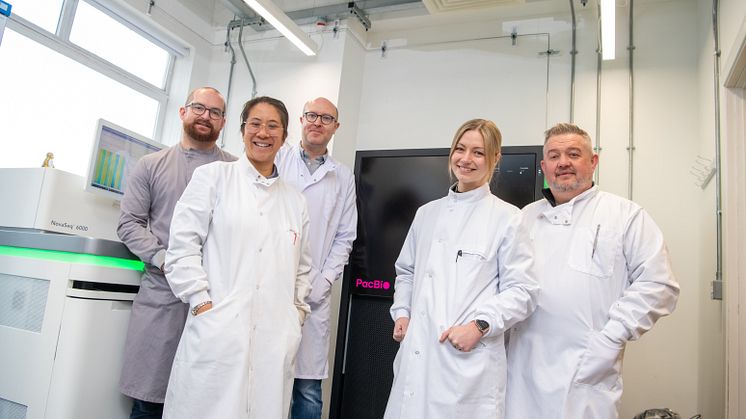
Ancient volcanoes continued to eject carbon dioxide into the atmosphere for millions of years after their eruptions ended, researchers have discovered.
Ground Penetrating Radar software developed by academics at the universities of Northumbria, Edinburgh and Aberdeen has been chosen by technology giant, Google, to be part of its prestigious Summer of Code mentor scheme for the fourth time.

Visitors to Newcastle's Life Science Centre can participate in a study to help astronauts on the Artemis Moon exploration program. By applying K-tape to astronauts’ ankles, it is believed balance on the Moon's surface can be improved. Results will be shared with the European Space Agency. Northumbria University is leading space innovation.
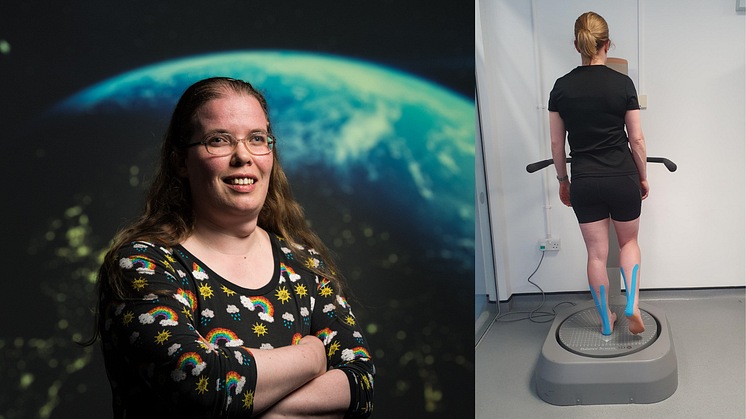
An Early Career Researcher from Northumbria University has been recognised by the Royal Geographical Society (with the Institute of British Geographers) with one of 26 medals and annual awards presented to outstanding people and organisations for their notable contributions to geography.
